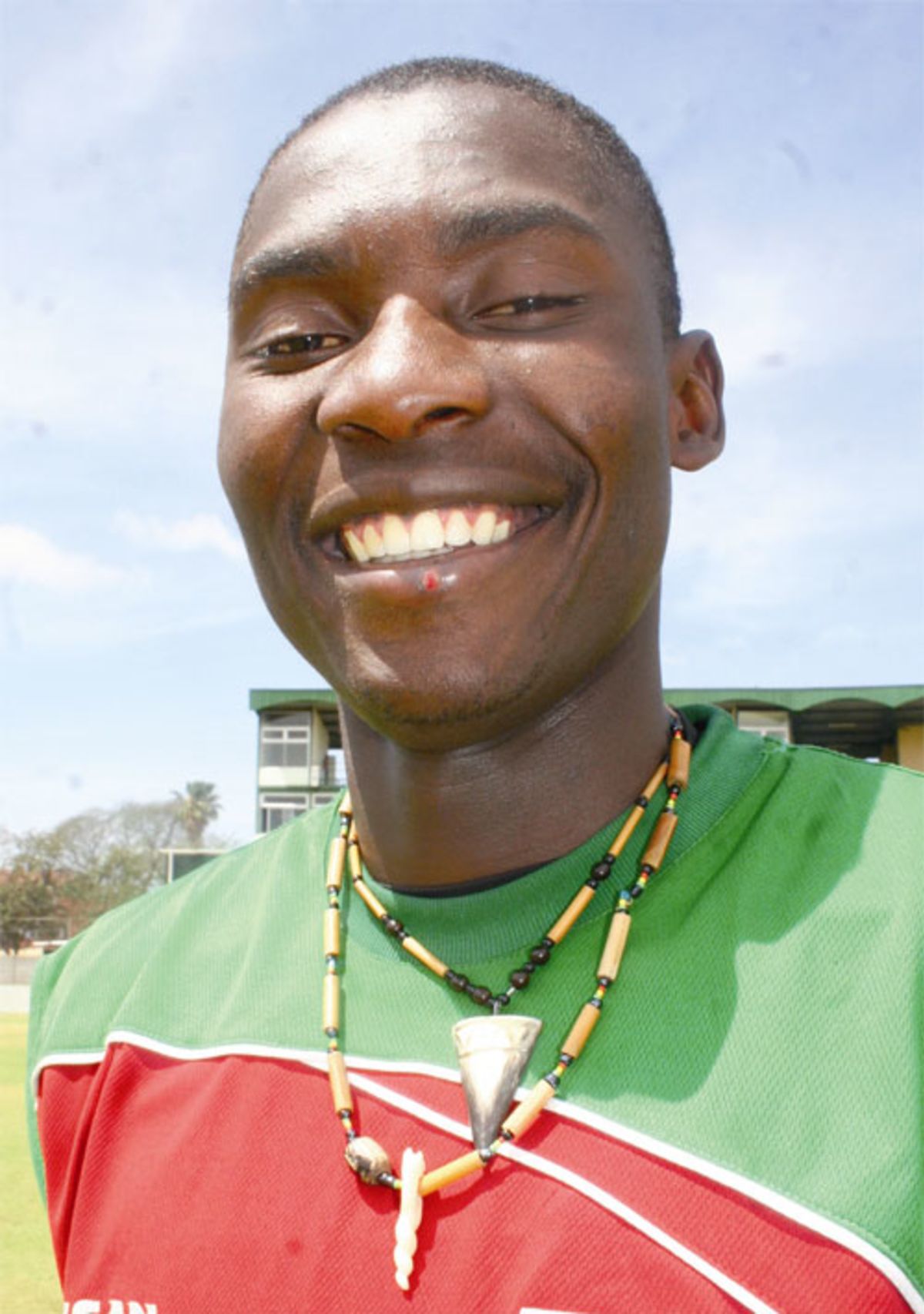Can the internet truly be a safe space for individuals to express themselves freely? A bold statement reveals that the digital world, while offering unparalleled opportunities for connection and creativity, also harbors significant risks. The case of Nurse's Boba Tea Break and Lacy Kim exemplifies this duality. As online personas continue to grow in popularity, so does the scrutiny over their content and its implications. This exploration delves into the complexities surrounding these figures, examining how seemingly innocuous online presences can unveil hidden worlds of explicit material and potential exploitation.
The story begins with an unexpected discovery. An investigation into Flickr Peter 281 Photos on Flickr unveiled a collection of images that sparked public interest and debate. These photographs, initially shared as personal expressions, gained traction due to their unique appeal. However, the attention they garnered also brought forth questions about privacy and consent. In today's digital age, where sharing content is second nature, understanding the boundaries between public and private becomes increasingly crucial. The challenge lies not only in regulating what is shared but also in ensuring that those who create content do so willingly and without coercion.
| Name | Lacy Kim |
|---|---|
| Date of Birth | January 15, 1990 |
| Place of Birth | Los Angeles, California |
| Career | Nurse turned Online Content Creator |
| Professional Information | Known for her platform Nurse's Boba Tea Break and contributions to discussions on digital privacy |
| Reference Website | Vjestak-Rumenjak.eu |
Further complicating matters is the rise of platforms like OnlyFans, which have transformed the landscape of content creation. With over 150,000 verified creators offering free content previews and exclusive material through Telegram channels, the industry has become a hub for diverse forms of expression. Yet, this expansion raises concerns about the ethical implications of producing and consuming such content. Creators often navigate a fine line between empowerment and vulnerability, balancing the need for financial stability against potential exploitation. Megan Thee Stallion’s experiences in navigating digital platforms highlight the challenges faced by artists seeking to monetize their work while maintaining authenticity.
In response to these challenges, educational resources have emerged to guide creators effectively. Free guides provided by top creators on OnlyFans Academy emphasize strategies for building loyal followings and enhancing earnings through paid services. Techniques such as PPV upselling and engaging with fans are pivotal in sustaining successful careers in this competitive field. Moreover, these guides underscore the importance of transparency and communication, advocating for practices that prioritize both creator and consumer welfare.
However, the emotional and relational labor involved in this profession cannot be overlooked. Black women, in particular, face unique pressures when posting nude content online. Their experiences reflect broader societal issues concerning race, gender, and power dynamics. By enacting calibrated amateurism, these creators craft personas that resonate with audiences while safeguarding their identities. Such nuanced approaches demonstrate the resilience and ingenuity required to thrive in the digital economy. Nonetheless, they also expose systemic inequities that demand urgent attention and reform.
As we delve deeper into the intersection of technology and human interaction, it becomes evident that fostering a safer digital environment requires collective effort. Policymakers must collaborate with stakeholders to establish robust frameworks protecting individual rights while promoting innovation. Educating users about responsible content creation and consumption remains essential in cultivating a culture of respect and accountability. Ultimately, the goal is to ensure that everyone can participate in the digital sphere without compromising their dignity or safety.
Returning to the original question, the answer lies in recognizing both the opportunities and risks inherent in our interconnected world. While the internet offers unprecedented avenues for self-expression, it also necessitates vigilance against exploitation. By addressing these dualities head-on, we can strive toward a future where all individuals feel empowered to share their stories authentically and securely. The journey continues, driven by pioneers like Nurse's Boba Tea Break and Lacy Kim, whose stories illuminate the path forward.



